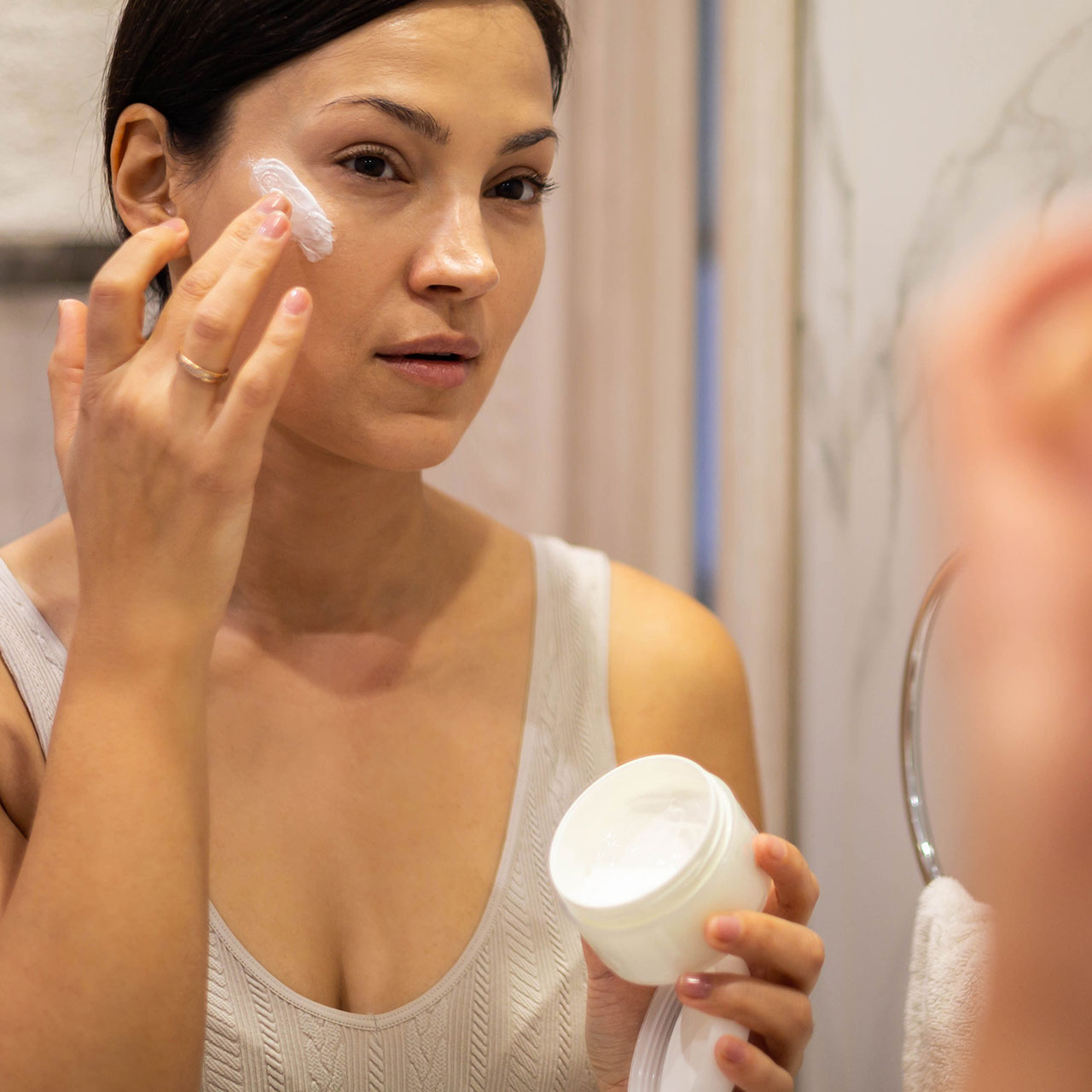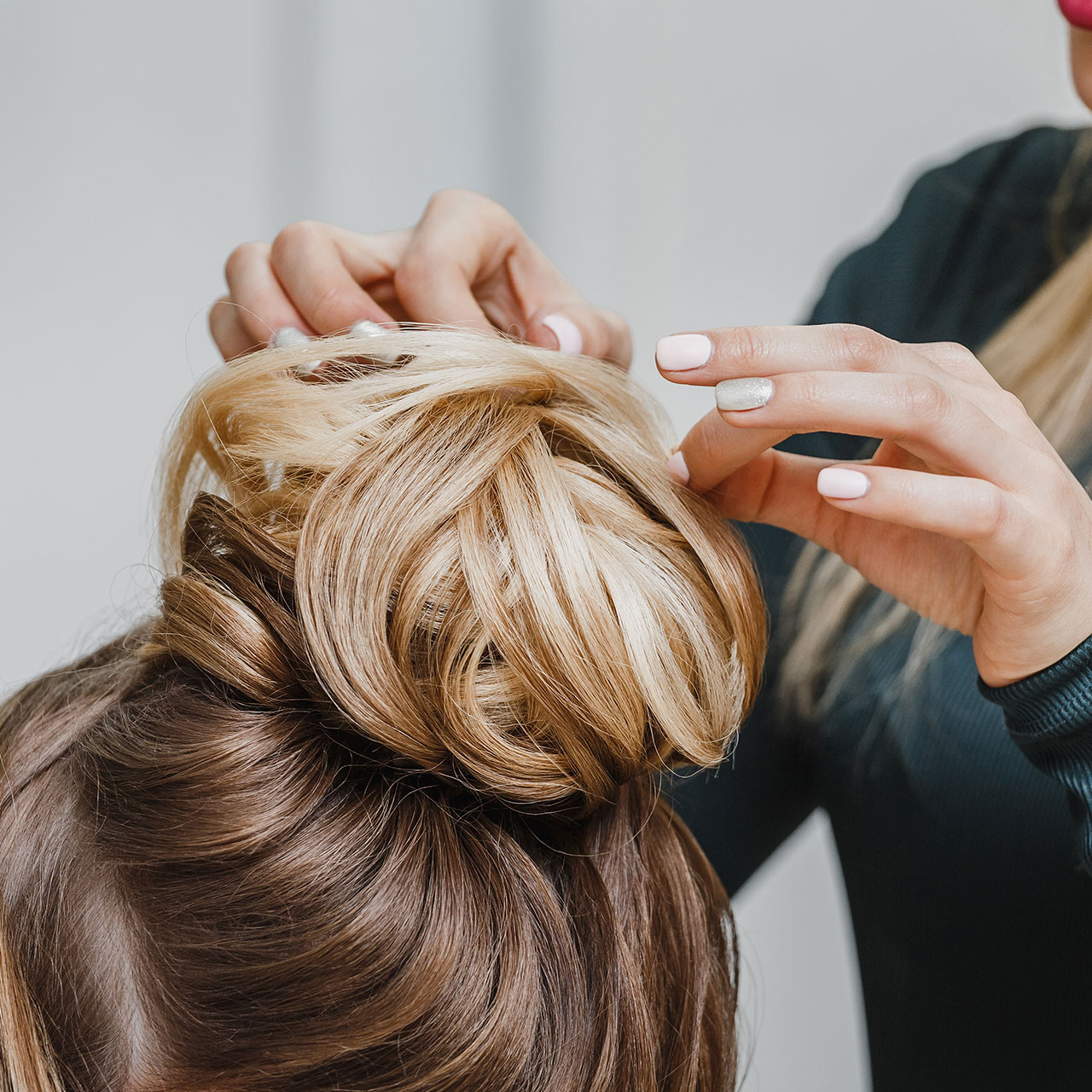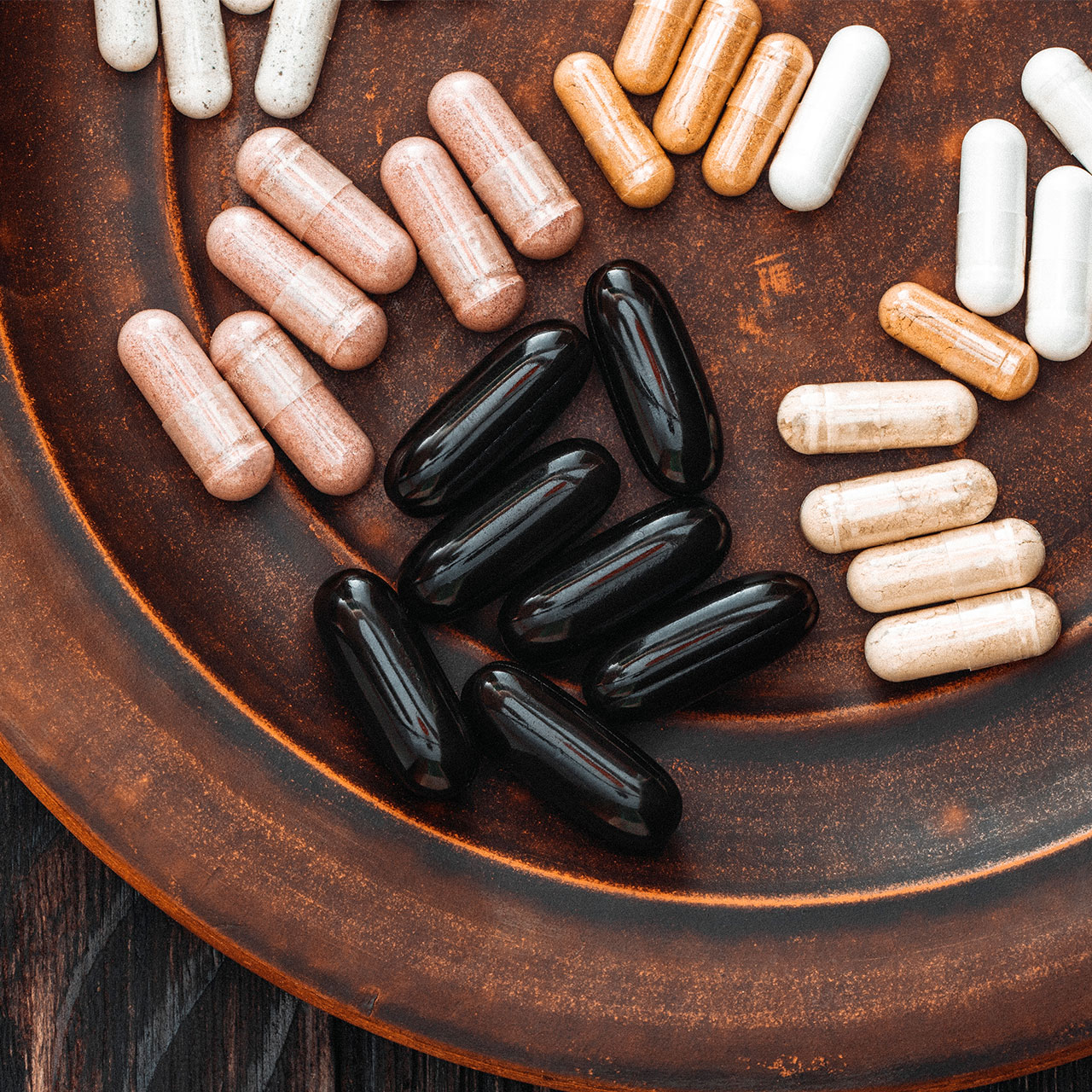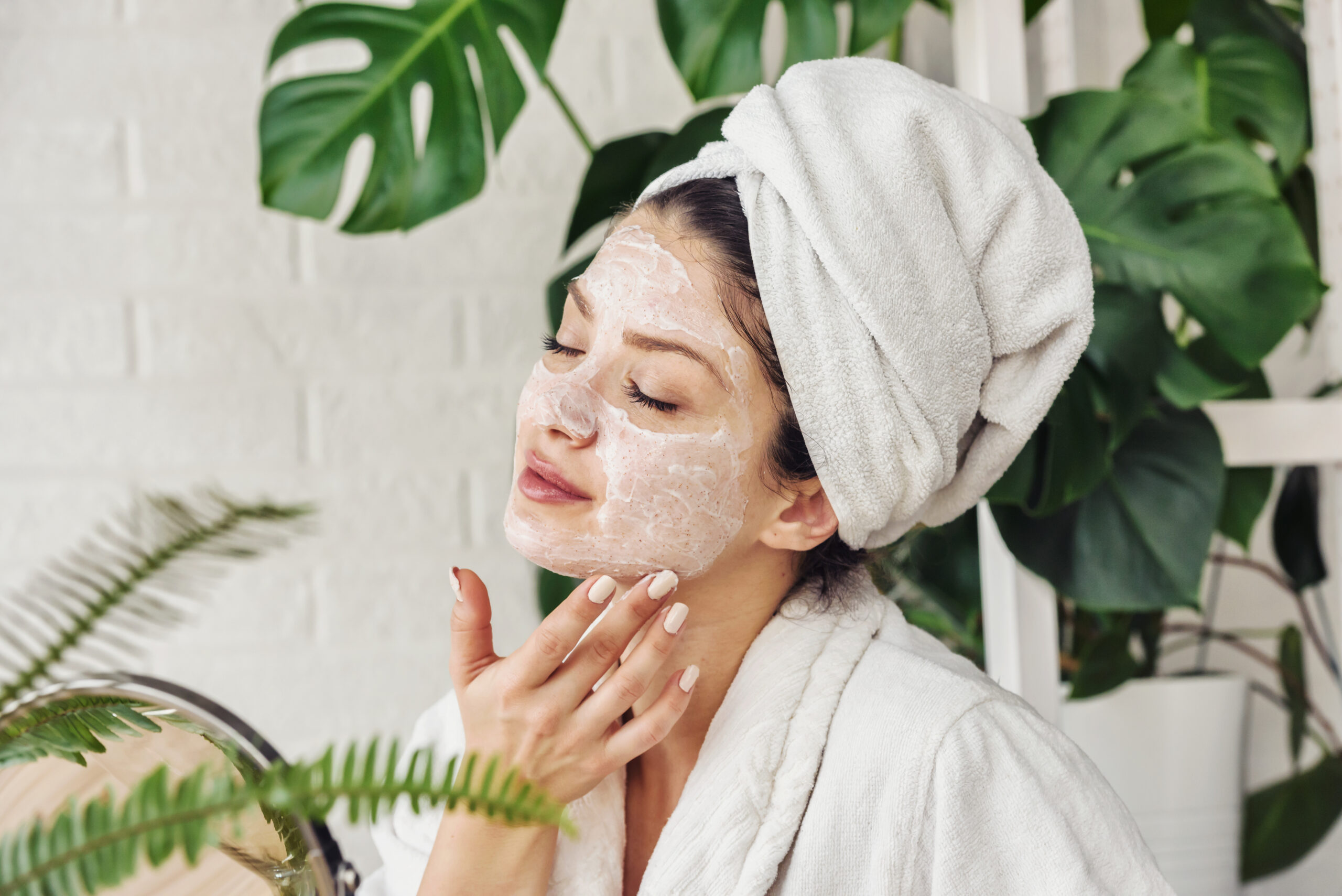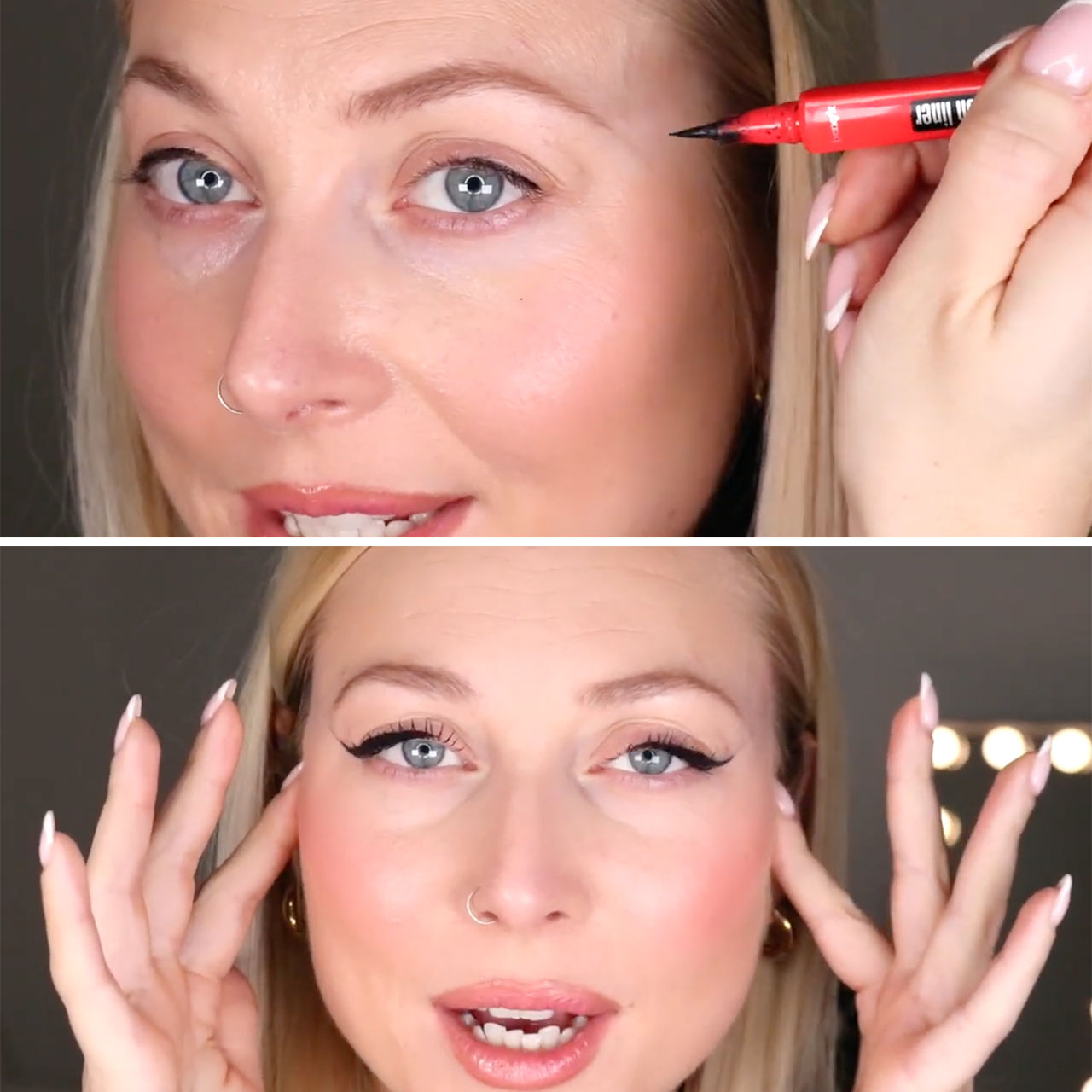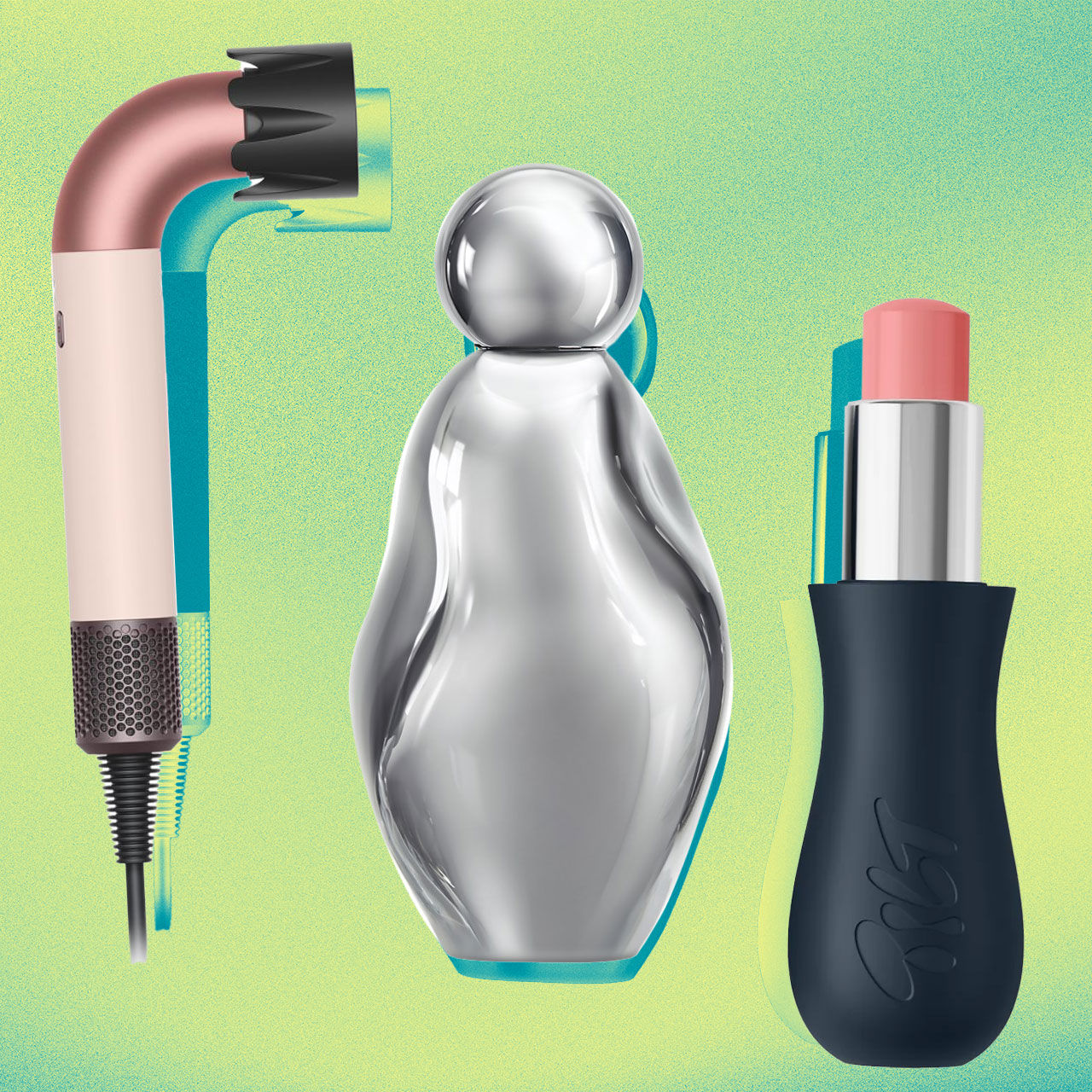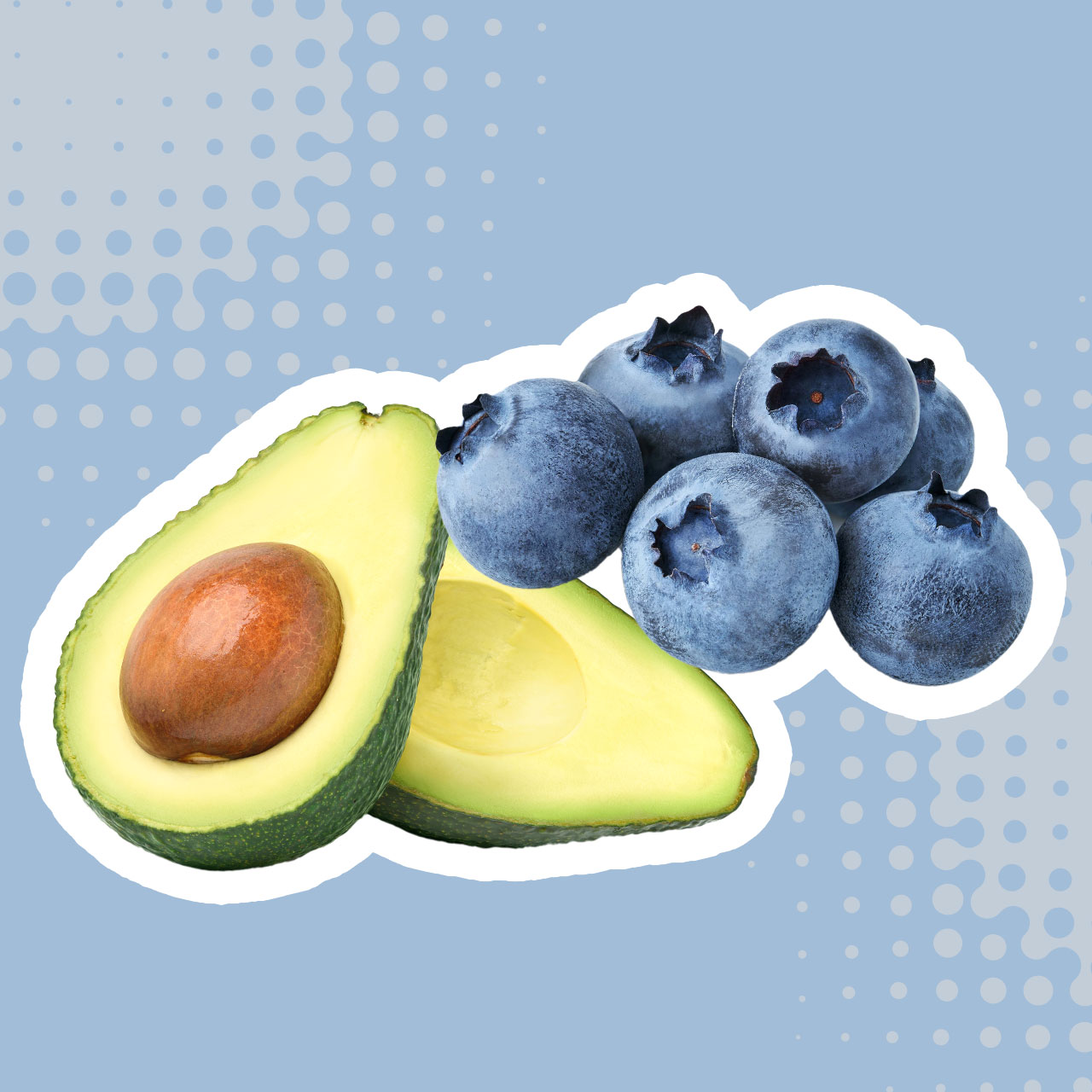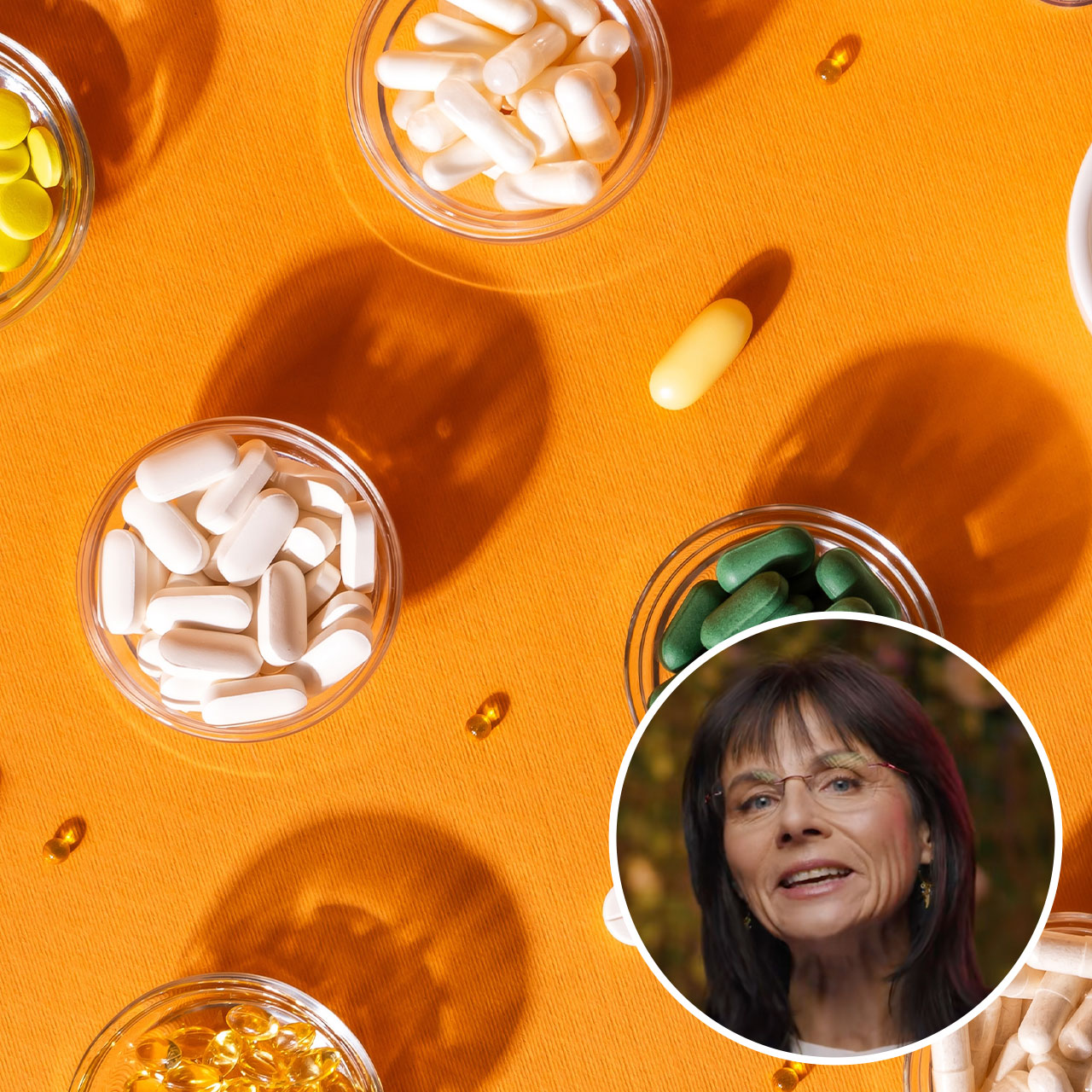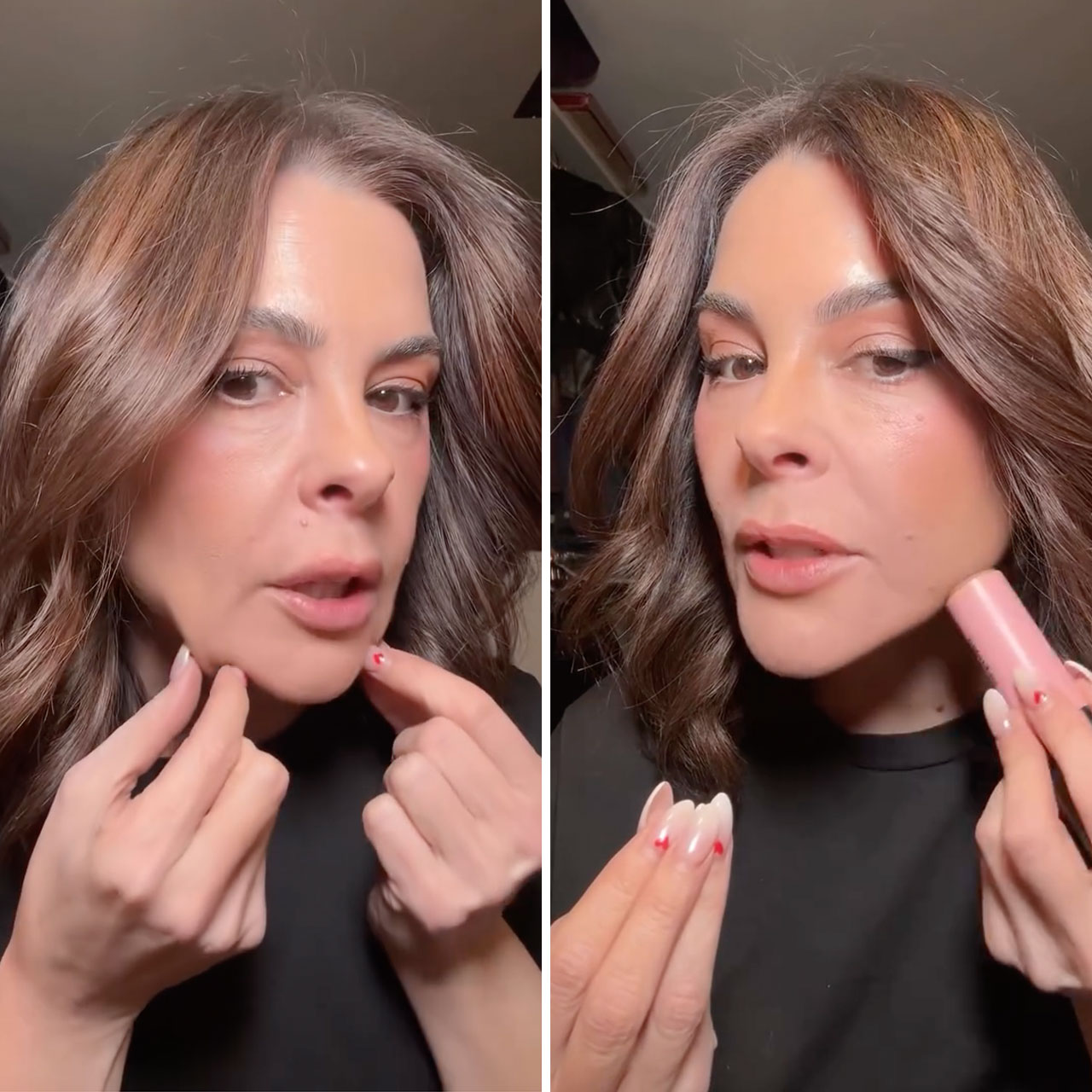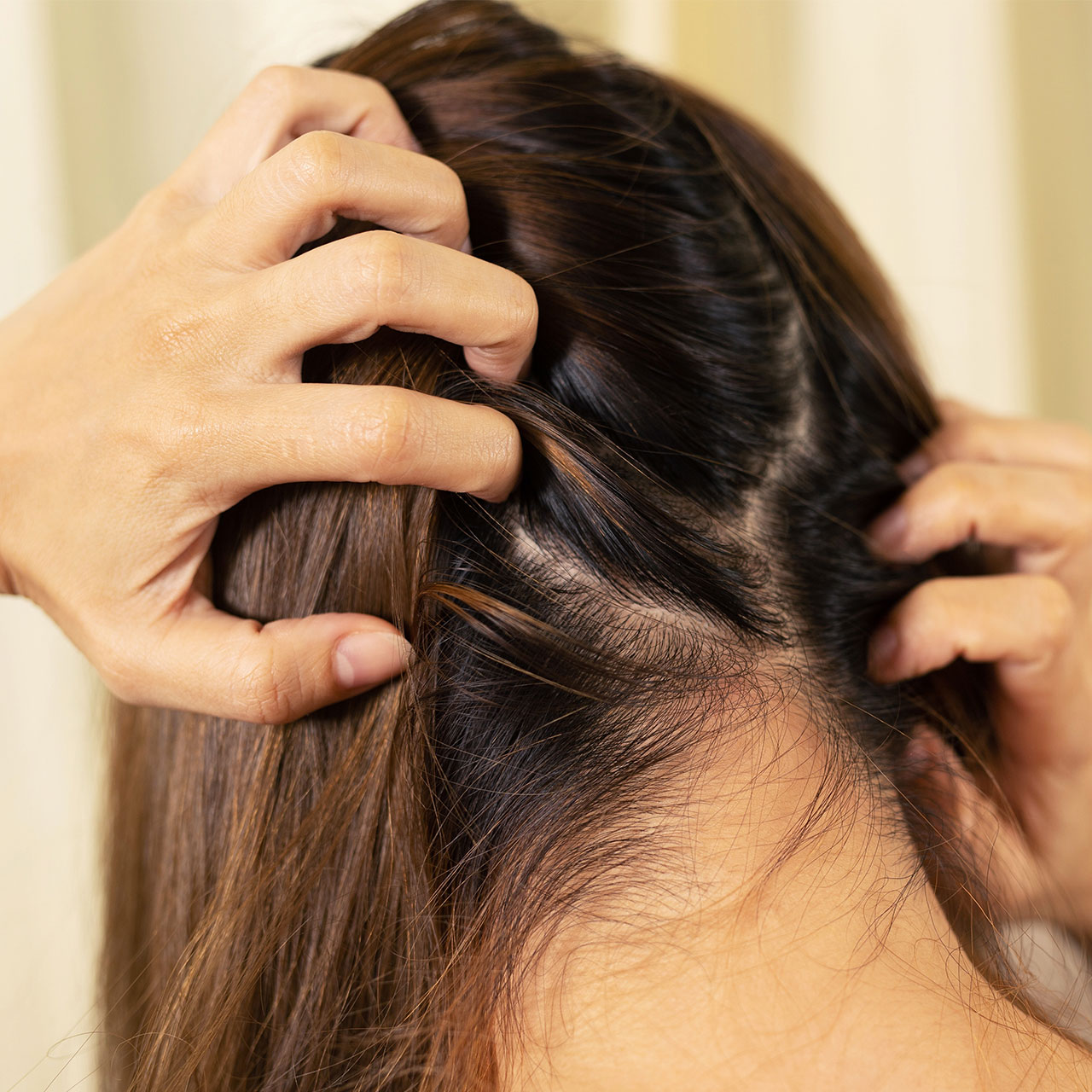To achieve youthful-looking, hydrated and supple skin, a balanced diet, exercise, consistent sleep, and skincare products are essential. However, shopping for anti-aging products can feel overwhelming and daunting due to the many options available.
Collagen, a fibrous protein that makes up 30% of the body’s protein, is vital for maintaining skin, bones, tendons, ligaments, and cartilage. Collagen works with hyaluronic acid and elastin to maintain skin elasticity, volume, and moisture, as well as to create proteins like keratin for skin, hair, and nails.
Despite the popularity of collagen supplements and creams, many experts suggest prioritizing other practices for glowing, supple skin and preventing premature aging.
We checked in with dermatologists and skincare experts to learn more. Read on for advice, tips and suggestions from board-certified dermatologist Dr. Debra Jaliman, M.D., Dr. Enrizza P. Factor, MD, dermatologist and writer at My Eczema Team and skincare expert Dr. Simran Sethi, M.D., who detail what to look out for instead to support an optimal complexion.

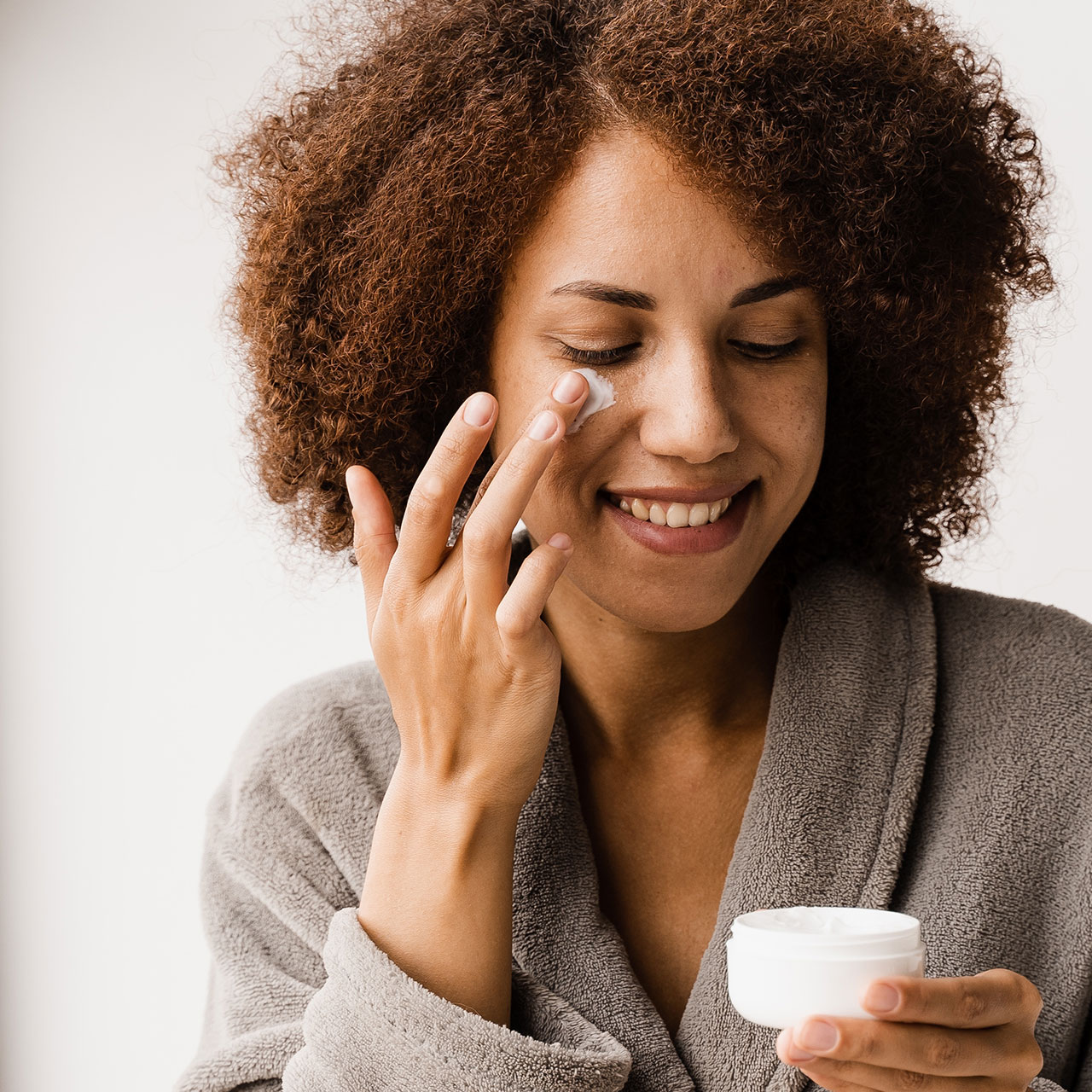
Are Collagen Creams And Supplements 'Worth It?' We Asked Dermatologists And Skincare Experts
First Up: 'Collagen-Boosting' Creams
Along with cleansers, serums and moisturizers, skin creams are an essential part of many people’s morning and evening routines. Collagen is the protein responsible for elastic, stretchy skin and healthy joints, and also listed as an ingredient in many skincare products. While many experts recommend taking collagen supplements and eating collagen-boosting foods like bone broth, berries, vegetables, etc., our sources advise against picking up any “collagen-boosting” creams as these may not be as useful as they appear.
“There are some creams that contain collagen for anti-aging. It’s too big to penetrate the skin and it’s just a waste of money,” says Jaliman. Instead of these products, she recommends looking for creams “with peptides or pentapeptides,” which contains 5 vital amino acids linked together. “Matrixyl is a trademarked peptide that is also effective and found in skincare and anti-aging products,” she adds.
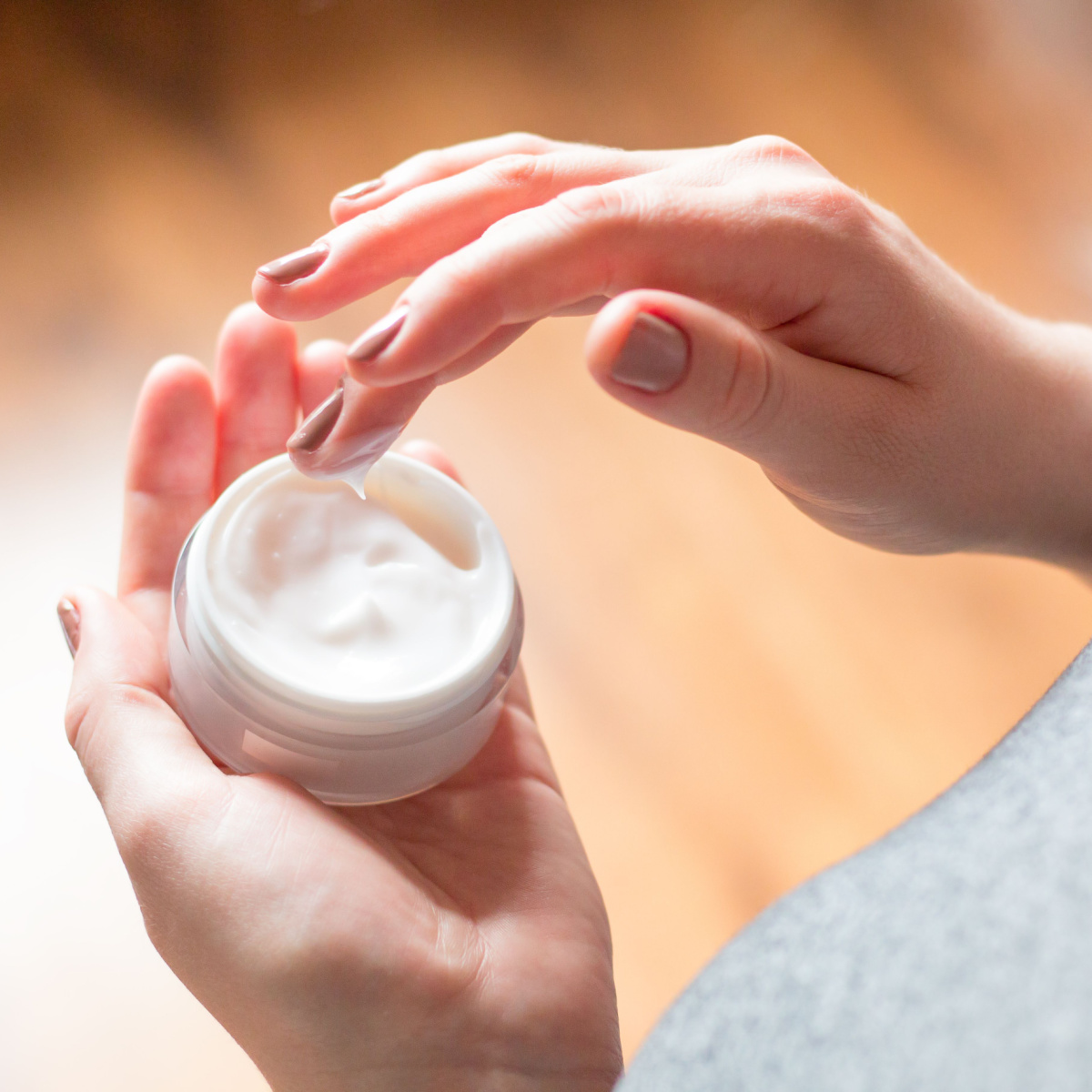
Sethi agrees. The reason why brands that promote collagen creams are misleading, she says, is because the collagen protein has a molecular weight that is “too large to penetrate through the top layer of skin,” then through the basement membrane, and into the dermis. “Any collagen-stimulating ingredients would need to be capable of signaling the deep dermal level to have any rebuilding effect,” she says, and notes that these types of creams do not.
Collagen creams are simply unnecessary, she says, because they are not able to access or penetrate into the dermis since they are molecularly too large. “Collagen peptides, which is what collagen breaks into within the dermis, is a better option,” she says, also echoing Jaliman’s tip. “Vitamin A, C and Linoleic acid are great options to optimize skin renewal and activate collagen protein production,” Sethi notes.

Next, 'Collagen-Boosting' Supplements
Navigating the world of beauty and wellness supplements requires careful consideration. Many options are available to meet daily essential nutrient needs, but not all are worth the investment. It's crucial to avoid dangerous side effects and recognize supplements that are ineffective and wasteful.
Dr. Austin Lake has warned about this issue on TikTok and advises being judicious with spending. While collagen is a popular beauty supplement, Dr. Lake emphasizes that research doesn't strongly support its efficacy. He emphasizes: "you can oftentimes get a lot of it through your food," highlighting sources like homemade bone broth, meats, and eggs. This questions the common perception of collagen supplements and urges people to scrutinize their dietary fads more closely.
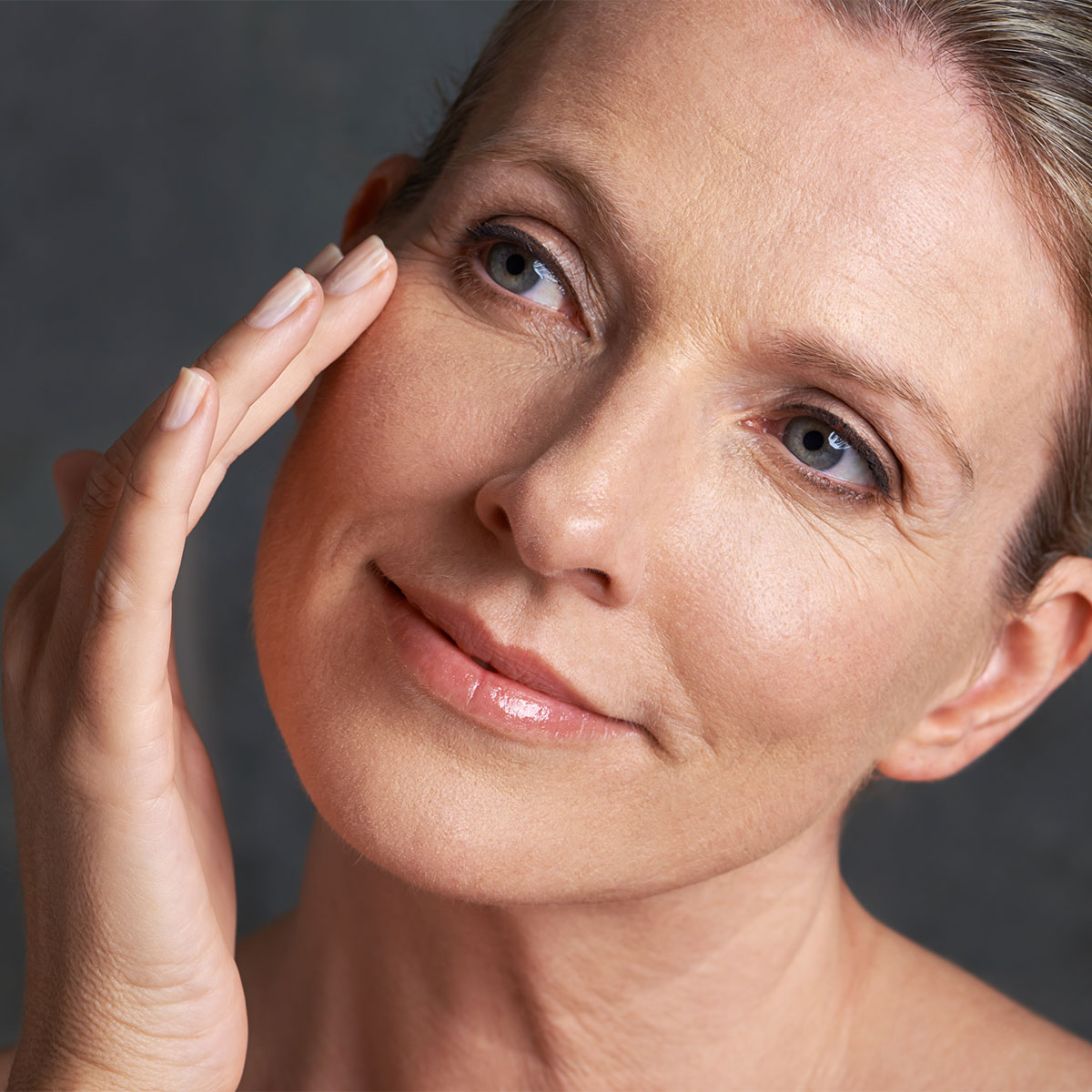
The Bottom Line
Despite some experts advocating for collagen creams and supplements as a solution for supple skin, others remain unconvinced of their efficacy. One "guaranteed" way to notice more hydrated and radiant skin at any age, Sethi says, is to eat collagen-rich foods and reach for moisturizers and creams that contain peptides.
She also points out that "drinking at least 10 glasses of water (8 oz each) and of course, limiting consumption of fast and junk foods to once a week or less is the best way to achieve healthier looking skin."

To follow a healthy diet that will "optimize skin health," Factor says "you should consume foods rich in antioxidants and anti-inflammatory properties." The following foods all contribute to healthy, supple and hydrated skin, Factor says: "whole grains like wheat bread, brown rice, barley, millet, oatmeal and quinoa, beans." In addition, she lists: "legumes like black beans, navy beans, chickpeas, kidney beans, peas and lentils."
Factor concludes that vitamin C sources like "strawberries, red peppers, and grapefruit" are all no-fail snack choices if you want to prioritize your skin health, as well as leafy greens like "spinach and kale." These foods, she notes, are "rich in vitamin A, which is an antioxidant and nutrient that promotes healthy skin cell turnover." Good to know!



